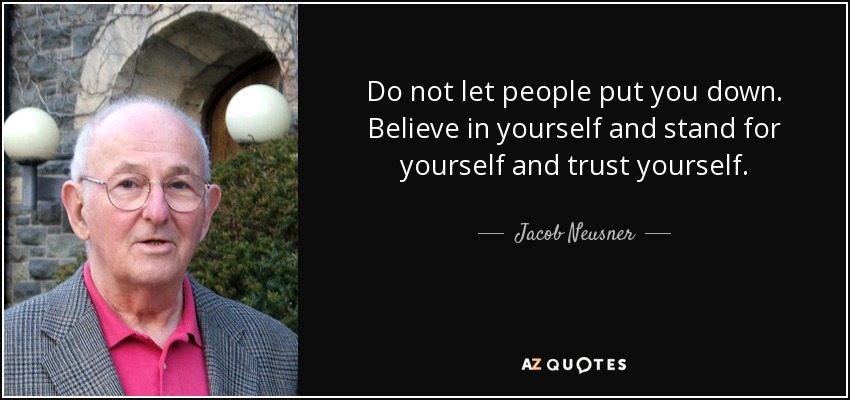The last of the great polymaths, almost forgotten at 84

There are at least two ways to write a biography of an individual The New York Times called the most-published person in human history. In a little over half a century, Jacob Neusner published more than a thousand scholarly and popular books and countless essays, op-eds, and public and private letters, and was part of almost every significant American Jewish controversy since World War II. The first way to write the biography of such a person would be to write a multivolume 1,000-page tome plodding through each work, each period, each controversy, each accomplishment. The second would be a concise 300-page book that adeptly touches on the most important dimensions and contributions of this paradoxical intellectual figure (who remains the only person to be appointed to both the National Endowment for the Arts and the National Council on the Humanities), and to simultaneously honestly engage with, but not get mired in, the many controversies that he compulsively generated. To write such a biography the author would need to know how to separate the wheat from the chaff and how not to get seduced by the lure of tabloid scholarship. Thankfully, Aaron Hughes, the author of an extensive study of Neusner’s scholarly work on religion titled Jacob Neusner on Religion: The Example of Judaism, chose the second option in his Jacob Neusner: An American Jewish Iconoclast (NYU Press), which navigates through the often-turbulent waters of a complicated, colorful, and in many ways unappreciated, intellectual life.
The sad irony about Jacob Neusner is that he is arguably one of the most influential voices in American Jewish intellectual life in the past half-century—yet outside of the academy, and more specifically outside the academic study of Judaism, while many people know his name, few are actually familiar with his work. He is perhaps most widely known for his irascible, sometimes quite nasty, and often pugnacious personality, his famous excoriating reviews, sometimes book-length critiques, and his fallings-out with almost every institution he worked in, almost every teacher who taught him, many of his students—as well as the errors that scar his many translations and publications. He sued institutions he worked for and individuals who attacked his work. And yet, as Hughes shows, the importance of his contribution should not be underestimated...

No comments:
Post a Comment
We enjoy hearing from visitors! Please leave your questions, thoughts, wish lists, or whatever else is on your mind.